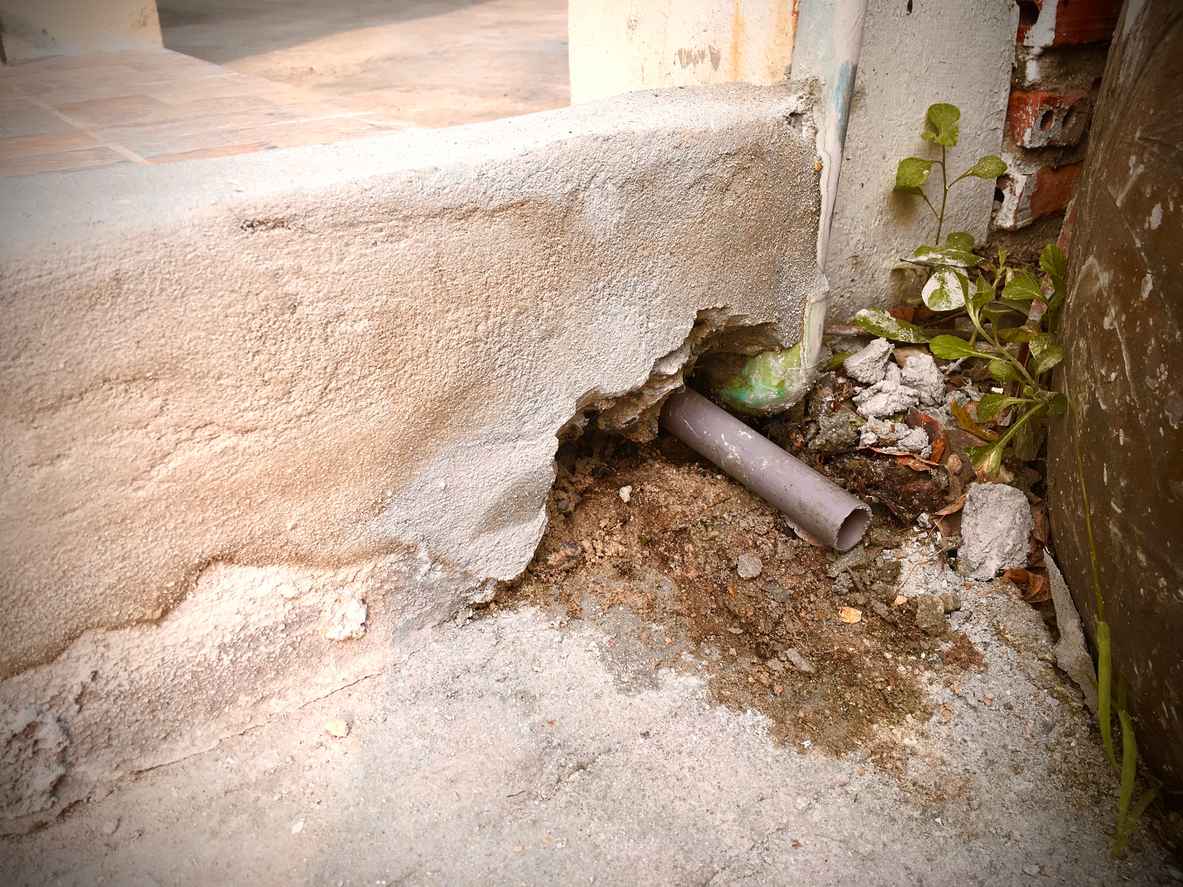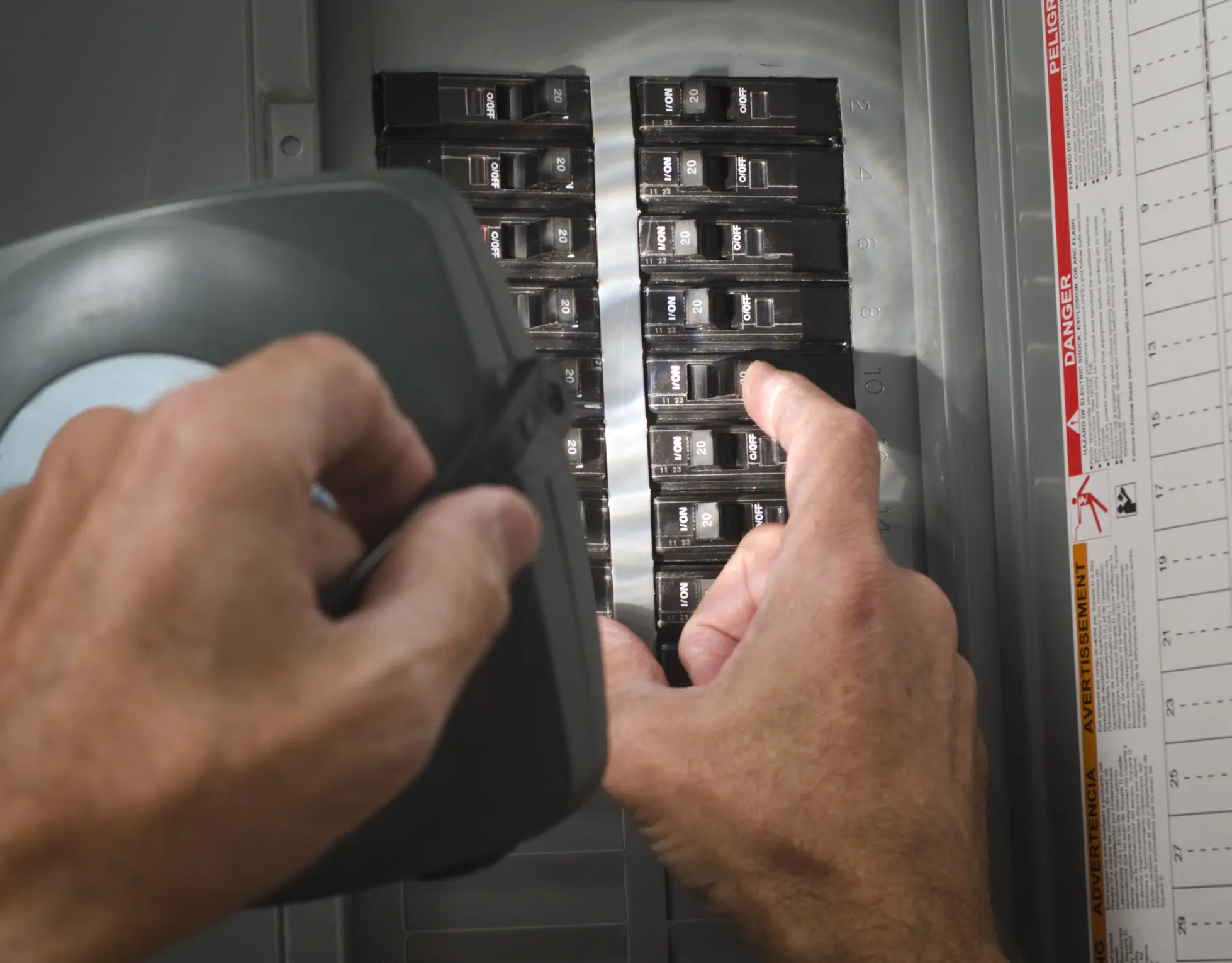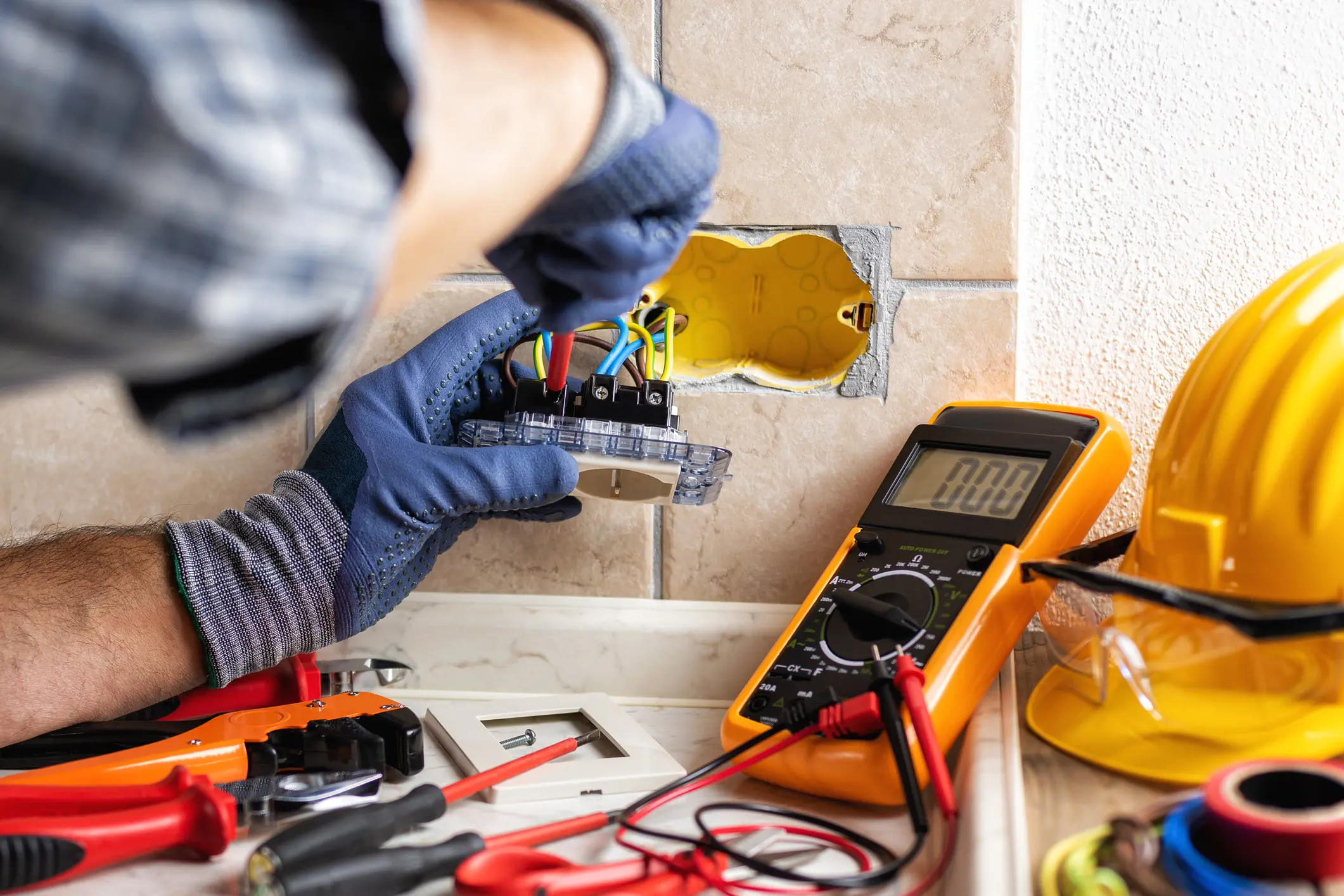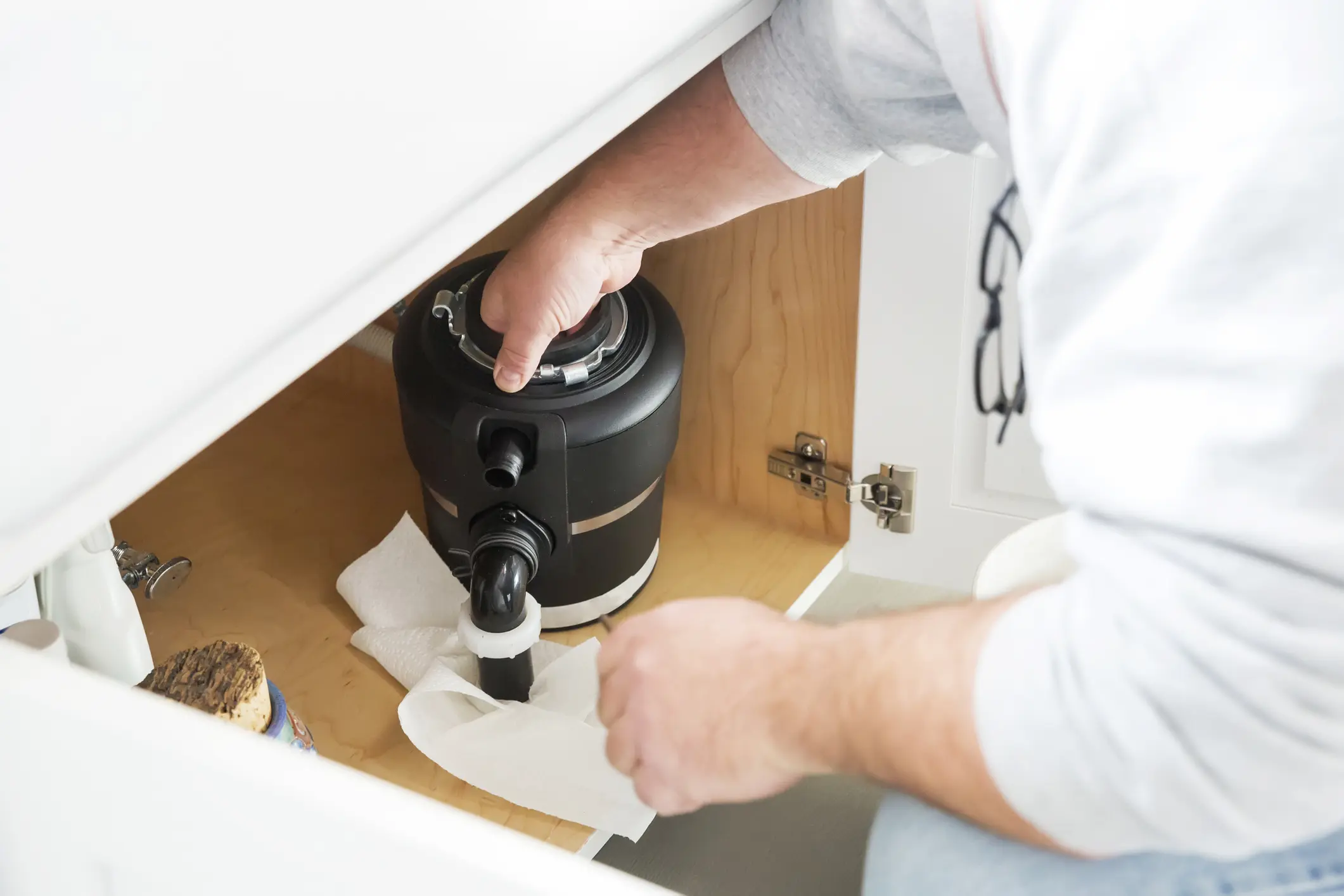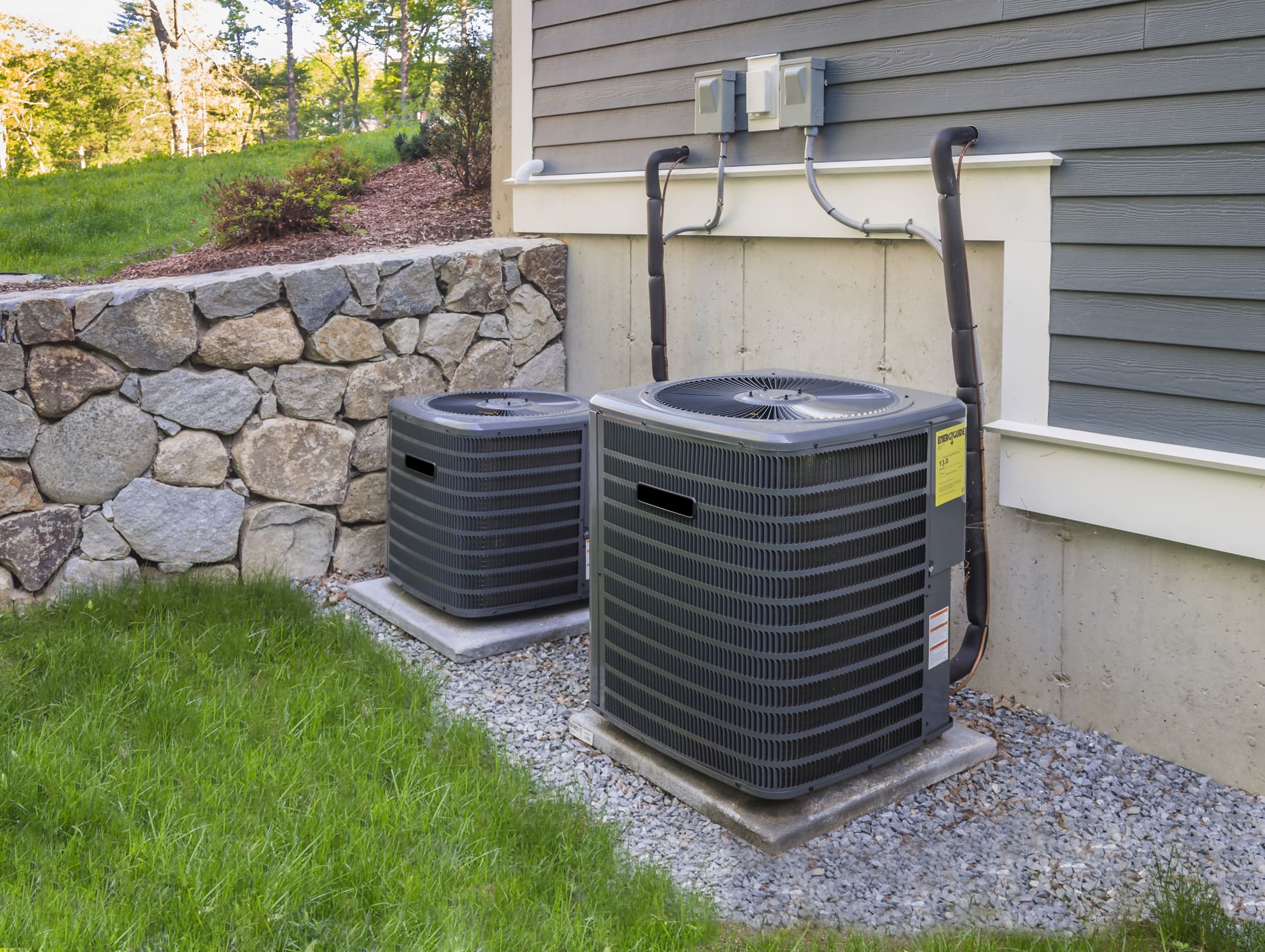Back to Blog
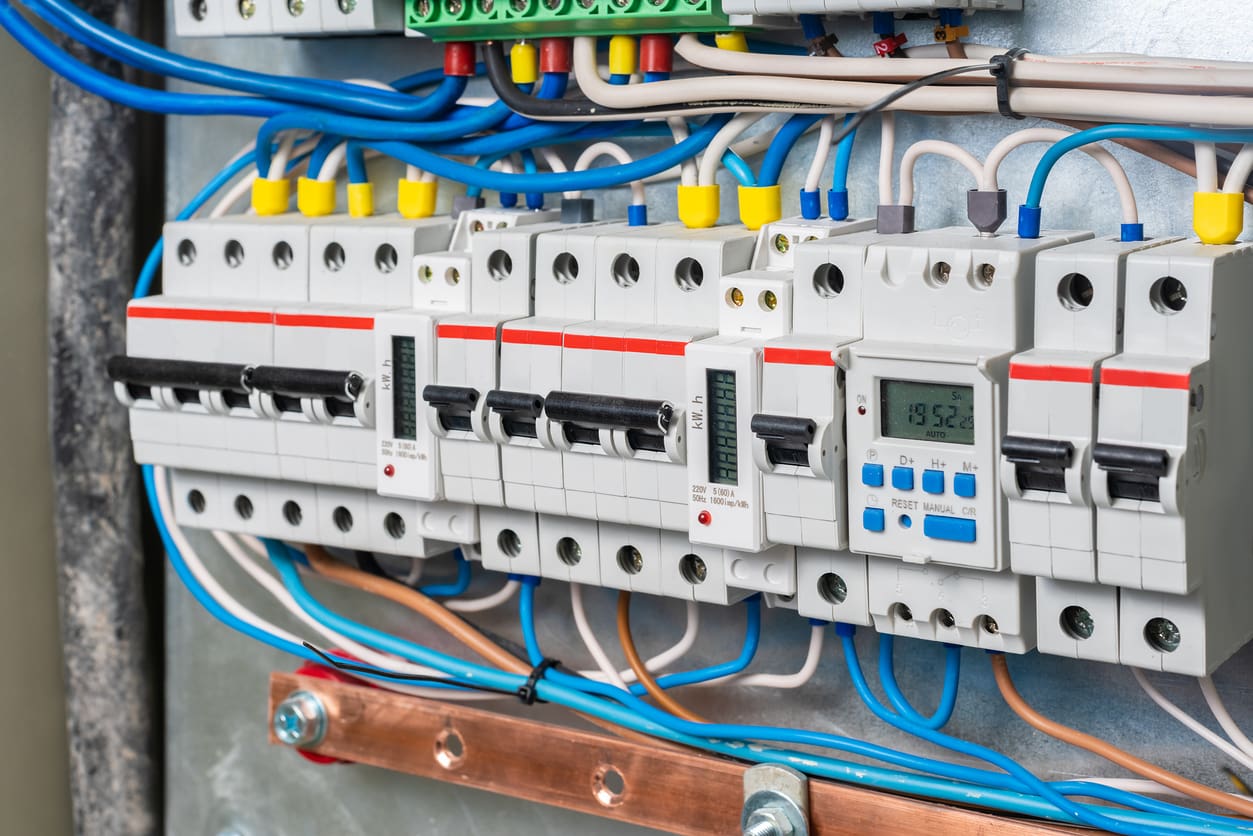
Fuse Box vs. Circuit Breaker: Understanding the Differences
When it comes to managing your home’s electrical system, the choice between a fuse box and a circuit breaker is a crucial one. Both devices serve the essential function of protecting your home from overcurrents and electrical fires, but they do so in distinctly different ways. Understanding the differences between a fuse box and a circuit breaker can help you make an informed decision about which is best suited for your home’s electrical needs.
What is a Fuse Box?
A fuse box is a type of electrical service panel that uses fuses to protect your electrical circuits. Each fuse in a fuse box contains a thin strip of metal that melts when the current flowing through it exceeds a predetermined level, effectively breaking the circuit and stopping the flow of electricity. This is the core function of a fuse—protection by sacrificing itself to stop excess current.
What is a Circuit Breaker?
In contrast, a circuit breaker does not rely on a metal strip that melts but instead uses a mechanical switch to interrupt the circuit when the current exceeds safe levels. Circuit breakers can be reset and reused after tripping, which contrasts with fuses that need to be replaced once they have operated.
Fuse Box vs. Breaker Box: Key Differences
The most evident difference between a fuse box and a circuit breaker is how they respond to overcurrent. As mentioned, a fuse will melt, requiring replacement, while a circuit breaker just needs to be reset. This makes circuit breakers more convenient for long-term and repeated use.
Installation and Maintenance
Fuse boxes are generally simpler in design and operation than circuit breakers, making them easier and cheaper to install. However, the ongoing cost of replacing fuses can add up, especially in older homes with outdated wiring that may cause fuses to blow frequently.
Circuit breakers are more complex and can be more costly to install, but they require less maintenance over their lifespan since they don’t need replacements after tripping.
Safety and Efficiency
When it comes to safety, circuit breakers offer a more modern and efficient approach. They can respond quicker to overcurrent situations, providing better protection against electrical fires. Furthermore, the ease of resetting a circuit breaker enhances safety, as there’s no need to handle potentially hazardous fuse replacements.
Suitability
Choosing between a fuse box and a circuit breaker often depends on the age of your home and the condition of your electrical wiring. Older homes might still have fuse boxes, and while they can work adequately, upgrading to a circuit breaker panel can improve safety and efficiency.
What Does a Fuse Do?
A fuse provides a protective barrier against electrical overloads by melting its metal filament, thus breaking the circuit when excessive current flows through it. This is a critical function in preventing electrical hazards and fires.
Breaker Box Fuse: A Hybrid Approach
In some homes, you might encounter a breaker box that still uses fuses. This setup is less common but exists in systems that have been partially upgraded. In these cases, the fuse serves as an additional layer of protection within a predominantly circuit breaker-based system.
Circuit Breaker Fuse: Understanding the Terminology
Sometimes, the term “circuit breaker fuse” can be confusing. It generally refers to the breaker itself, which acts like a fuse but with the capability to be reset rather than replaced. This terminology highlights the dual function of circuit breakers as both protective devices and manageable switches.
Fuse Box vs. Circuit Breaker: Which One is Better?
The answer depends on your specific needs and circumstances. Modern electrical demands typically make circuit breakers the better choice for new installations or upgrades due to their resettable nature and enhanced safety features. However, if your home currently has a fuse box and your electrical demand is low, maintaining the existing system might be sufficient.
Conclusion
Understanding the distinctions between a fuse box and a circuit breaker is essential for managing your home’s electrical system effectively. While both systems have their merits, the modern safety features, ease of use, and reliability of circuit breakers generally make them the preferred choice for new installations.If you’re considering upgrading your electrical panel or have any questions about your home’s electrical system, don’t hesitate to contact Lickety-Split. Our team of expert electricians can help you determine the best option for your needs and ensure a safe and efficient installation. Remember, for all your plumbing and electrical needs, call Lickety-Split!

Home Services You Can Trust
When solving problems in your home, you want the people you trust most to be on the job.
Click to Call

